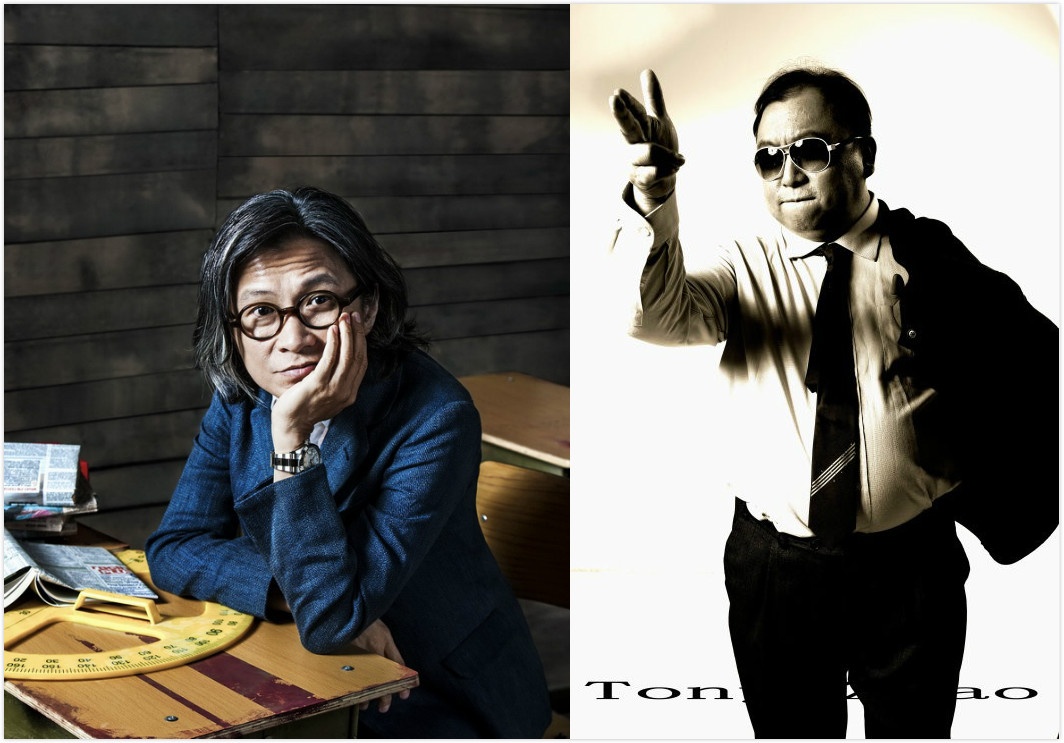
foreword
Hong Kong movies are as important to mainland fans as the first teacher. This is more extensive and mass-based than the new wave of public praise for Hollywood business. At the height of this trend, it is to push a film that is neither good nor popular to the best model of post-modern movies. Hong Kong films are extremely crazy and over-narrated, with quasi-humanistic expressions far away from the sublime but not deviating from the moral bottom line. With strong digestive function, they learn from others’ strengths, and eat up the front and back of the Chinese world with the characteristics of South Guangdong, and the theme is buried deep under the banner of entertainment first. All these make Hong Kong films consciously cater to many symptoms of the industrial and post-industrial era, and at the same time, let the film’s instinct be fully displayed. Not only did Hong Kong films rank third in the world in terms of film output (and occasionally topped the list), but they also became a wonderful flower in the world film forest. What’s more, Hong Kong films assembled this tiny place into a strange East, and at the same time, they magically obtained a concentrated "world".
However, times have changed, and this oriental Hollywood seems to be getting more and more colorful and cold. One of the reasons can be attributed to the loss of monthly surplus and the decline of prosperity. The crux of the problem lies in the fact that after the return of Hong Kong, many Hong Kong filmmakers have not adapted to the input and output of subcultures under the new situation. It is precisely because of this inadaptability that some people even say that the concept of Hong Kong movies will be just a geographical term, not another name for a movie destination. Both Ke-xin Chen and Jing Wong have said that it is not necessary to cling to the definition of Hong Kong films and crave the mellow flavor of Hong Kong, but to keep pace with the times and bring them into the field of vision of the era of big Chinese films more quickly. This is probably a Hong Kong movie, and it is very likely that it will be prosperous in the future. It’s just that those young people who grew up in the video hall will inevitably feel a little lost, and ignore these small feelings of die-hard fans for the time being. But is it really necessary for those guys and girls who have been through zombies, crossed bamboo forests and can linger in front of food stalls to weave a pure and pure entertainment kingdom that is absolutely grassroots? Hong Kong film culture exudes vitality and fragrance. Is it really going to fade away?

When it comes to Hong Kong films, their original source of nutrition comes from the Shanghai films at the beginning of the last century, which are also intertwined with Chinese and foreign films. Only Hong Kong films are consciously inheriting their real civic flavor. What I want to say is that "Shanghai Film" gradually disappeared around 1949. However, it is generally acknowledged that the concept of China’s films was established in all directions from the day of the Republic’s endeavor. One of the most striking signs is that only after the founding of the People’s Republic of China did the film, an exotic product, establish a close and in-depth relationship with a wider range of people, and it moved from a ten-mile foreign farm to a field ridge head and factory shed barracks. As far as film production is concerned, Changchun, Beijing and Bayi Film Studios, which are on a par with the later Shanghai Film Studios, have jointly completed the new China film from industry to aesthetics. It is not difficult to see that people at that time did not lament that the Shanghai film, which once occupied an absolute central position, seemed to have irretrievable displacement, but were encouraged by the weather, service and publicity of its China film. On the other hand, when the glamour of Hong Kong films is no longer "romantic", people of insight will be saddened. The flavor of this situation is really worthy of repeated taste and consideration.
Next page: Hong Kong people’s mainland narrative